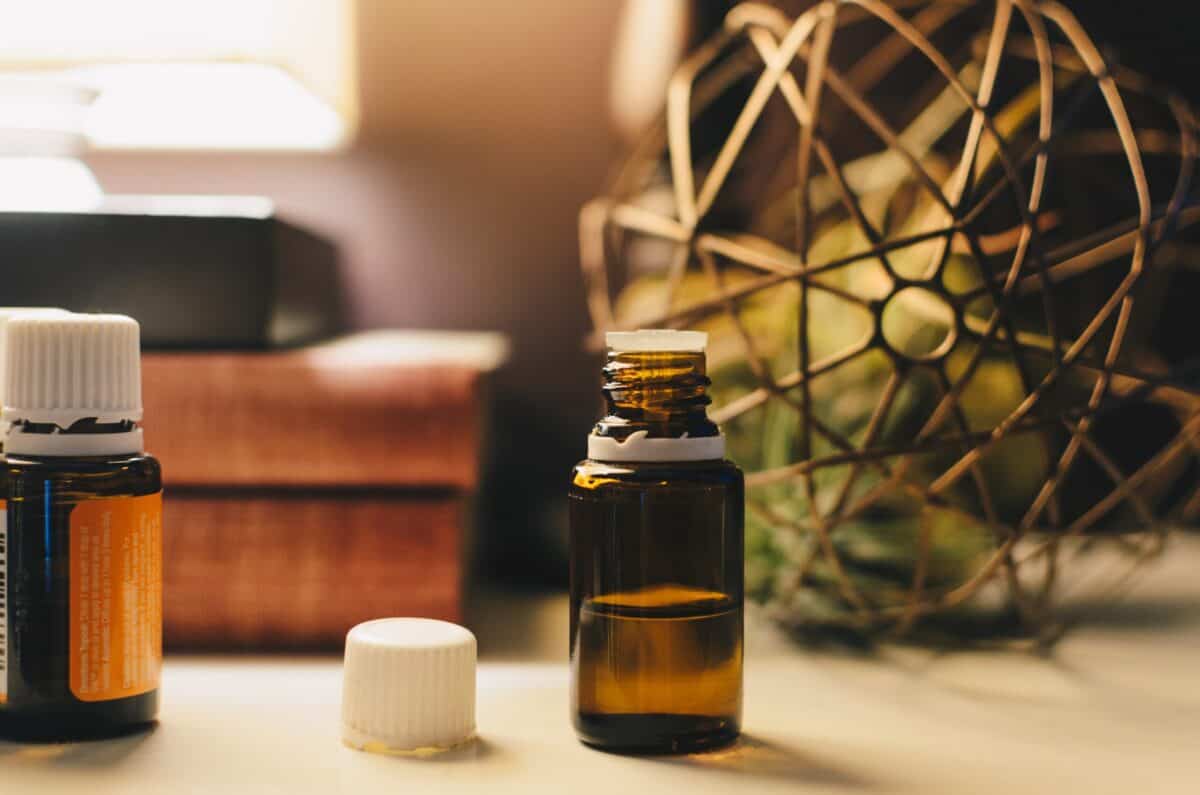
Photo Credit: Kelly Sikkema on Unsplash
The use of essential oils for therapeutic purposes goes back to antiquity. Since then, a large body of scientific research has confirmed that our distant ancestors were onto something. For instance, we know that the essential oils of lavender and chamomile can help reduce anxious feelings. Also that caryophyllene—found in the essential oils of clove and rosemary—is known for its soothing properties.
But did you know that essential oils have plenty to offer outside of aromatherapy? Below are six lesser-known ways in which essential oils can be used to your advantage. Some of them may surprise you.
Related Content: Your Guide to Essential Oil Diffusers
Keeping insects away
Nobody likes the smell of bug spray. Fortunately, there are plant-based alternatives that are just as good at keeping mosquitoes at arm’s length. Lemon eucalyptus oil is an excellent natural insect repellant thanks to a high concentration of citronellal.
You can also use the essential oils of clove, lemongrass and peppermint for this purpose. Bring one or more of them along on your next journey into the wilderness. Better yet, prepare a DIY spray ahead of time by diluting around 20 drops in 4 ounces of water.
Related Content: 50+ Ways to Use Peppermint Essential Oil
Supporting oral health
Nearly half of all Americans have gum disease, according to the Centers for Disease Control and Prevention. The first stage of gum disease, also known as periodontal disease, is gingivitis.
Research has shown that lemongrass oil is very effective in reducing plaque and gum inflammation. You can make your own lemongrass oil mouthwash by mixing two or three drops with a cup of water. Vigorously swish it around in your mouth for 30 seconds at a time, twice a day, to help maintain your oral health.
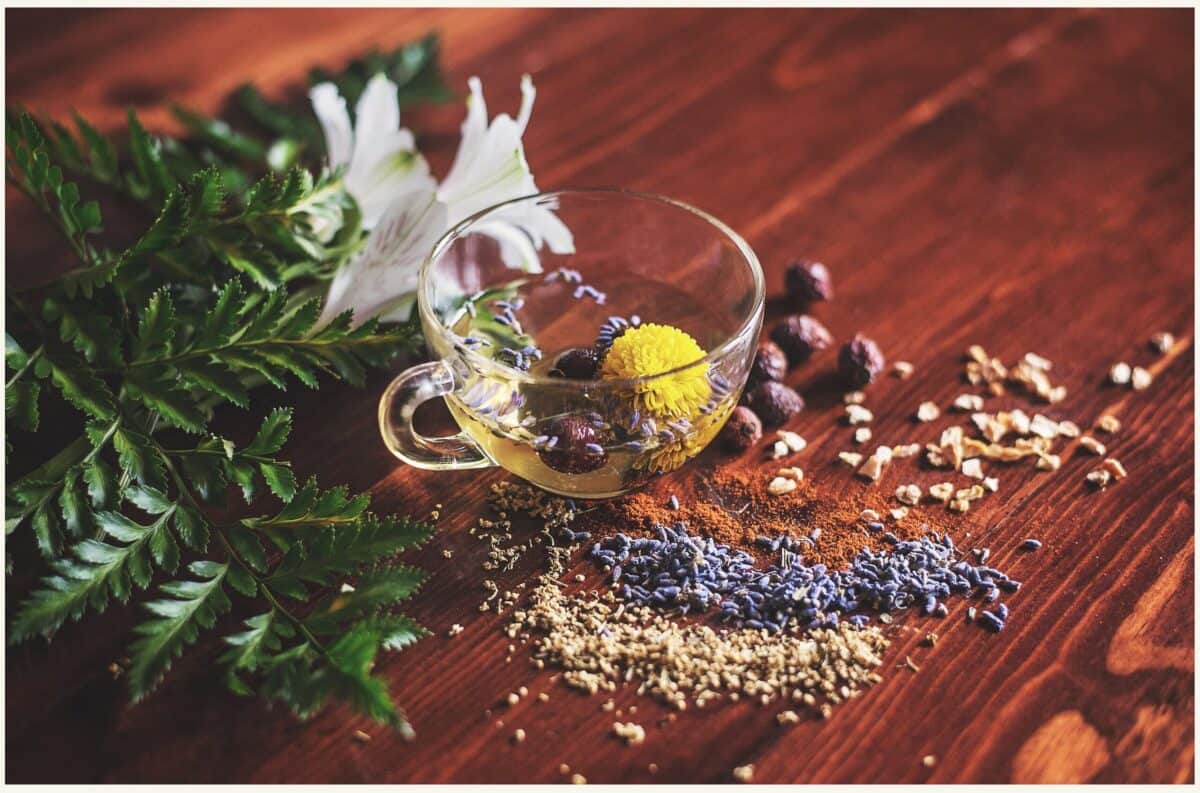
Photo Credit: Lisa Hobbs on Unsplash
Eliminating odors
Owing to their potent aromas, essential oils are fantastic deodorizers. Whether you’re trying to freshen up a pair of running shoes or get rid of a stubborn smell left behind by your pet, essential oils can provide a natural and effective solution.
To prepare your own essential oil deodorizer, simply mix 10-20 drops of your favorite essential oil (lemon and peppermint are great in this context) with 2 cups of distilled water and 1 tbsp of baking soda. Pour the mix into a spray bottle and get to work deodorizing your home.
Adding to foods and beverages
The next time you’re cooking dinner for yourself, consider enhancing the flavor of your meal with an essential oil. Add some rosemary or clove oil to a savory dish, or a few drops of lemon oil to a recipe that has a citrusy complexion. If you’re baking something sweet, bring it to the next level with a bit of cinnamon oil.
As for drinks, lavender and peppermint pair well with tea, especially when you need to unwind. And when it comes to essential oils and cocktails, as you can imagine, the sky is the limit.
It’s important to note that not all essential oils are safe for consumption; some of them can cause serious adverse reactions. Always do your research before adding an essential oil to a food or drink, and only use one or two drops.
Soothing insect bites
We’ve seen how essential oils can prevent bug bites, but it turns out they can also calm them. Oils like lavender and chamomile are known for their soothing effects. When applied to the skin, they can reduce itching, irritation and redness. This makes them a terrific natural ointment for all kinds of insect bites, from mosquitoes to spiders to bees.
The essential oil of basil can deliver much needed relief from bee stings and fire ant bites thanks to its skin soothing properties.
Whether you want to avoid being bitten or alleviate the discomfort from a bite, it pays to have essential oils nearby.
Removing stains
Lemon essential oil (affiliate link) can work wonders when it comes to eradicating stains. Even in the case of a stain that has set into clothing or furniture, there’s a good chance lemon oil can get it out. Just apply a few drops to the stained fabric and put it directly in the washing machine. (If you wait too long to wash it, you could wind up with a new stain from the oil—and that one will be harder to remove.)
Alternatively, make a stain remover spray by mixing 25 drops of lemon essential oil (affiliate link) with 3 tbsp of a liquid soap of your choosing and ½ cup of hydrogen peroxide.
Lemon essential oil (affiliate link) can also be employed to remove ink stains from hard surfaces, including whiteboards.
More Essential Oil Related Articles
- 35 Ways to Use Lavender Essential Oil
- Letting go of Tension with DoTerra Bergamot Essential Oil
- 10 Romantic Essential Oil Blends for Valentine's Day
*These statements have not been evaluated by the Food and Drug Administration. This product is not intended to diagnose, treat, cure, or prevent any disease.
Subscribe to Get: Top 10 Reader Favorite Recipes
The Top 10 Most Popular Recipes (PDF) on Simple Nourished Living + Weekly Support Emails with Tips & Easy Healthy Recipes Not Found Anywhere Else!
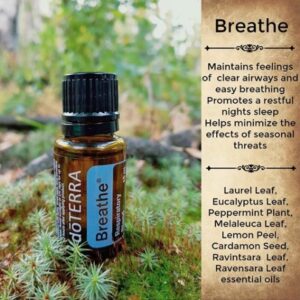
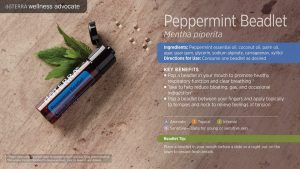
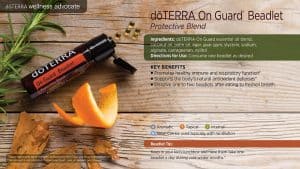
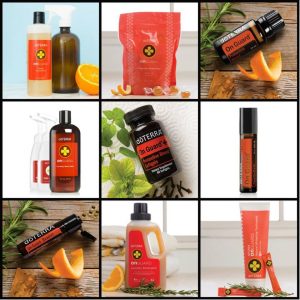
Leave a Reply